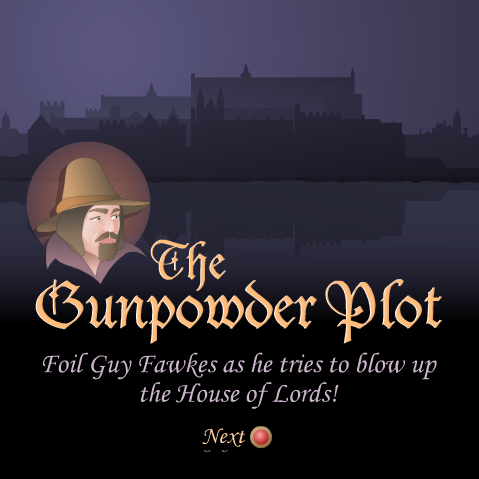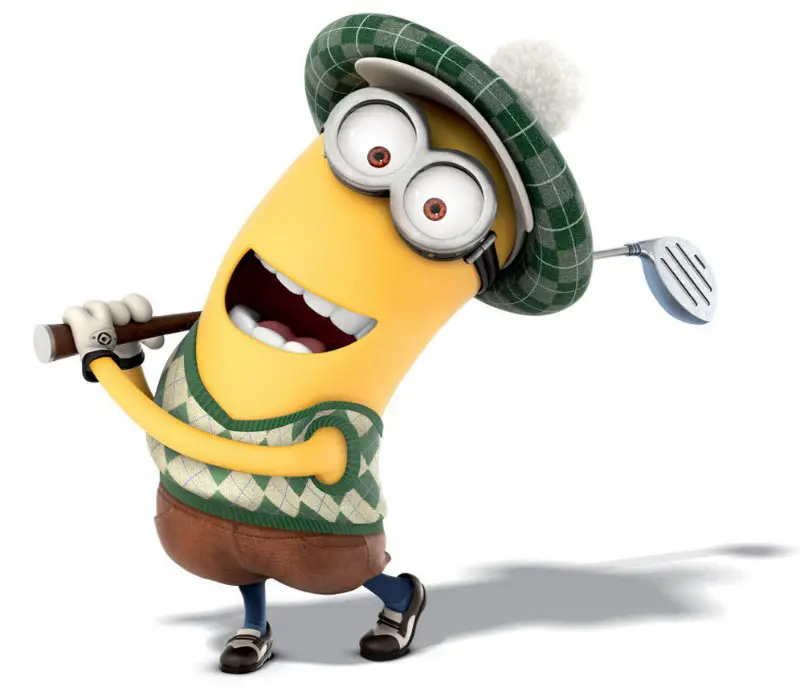
1. UNREAL
Something that is unbelievably cool or brilliant
I love this party, it’s just unreal!
2. PROPS
This means respect, recognition
I know he failed the test, but you’ve got to give him props for trying.
3. KUDOS
Another word for respect, recognition
Kudos for organising this party. It’s brilliant!
4. BOTTOM LINE
The main point
The bottom line is we just don’t have enough money to make it work.
5. DISS
When a person disrespects someone else
Stop dissing her behind her back. Show some respect!
6. DIG
To really like something
Hey, I dig your new style. Where did you buy that T-shirt?
7. BOB’S YOUR UNCLE
This is a well-used phrase in the UK. It is added to the end of sentences, and means something like and that’s it!
- How did you make this cake? It’s delicious!
- Well, I just mixed in the batter thoroughly, poured it into a cake pan, baked it for 30 minutes and Bob’s your uncle!
8. BUDGE UP
When you ask someone to move and make space for you
I want to sit down too, could you budge up a little please?
9. ACE
This has two meanings, something that is awesome, really cool
Or to achieve something with perfection, really easily
– Ace! I just got a promotion at work!
– Robert aced his physics exam!
 10. ALL RIGHT?
10. ALL RIGHT?
This means ‘hello, how are you?’
- All right?
- Good thanks, you all right?
11. FULL OF BEANS
This means to have loads of energy
All the children were full of beans at the party today. I couldn’t get any of them to sit still!
12. BLATANT
Something that is really obvious
She’s blatantly very annoyed, everyone can see it apart from you.
13. PEAR SHAPED
This means something has become a disaster
I was trying to organise a surprise birthday party for her, but it’s all gone pear shaped!
14. PIECE OF CAKE
When someone is boasting or they think something is extremely easy to do, they would use this
- What did you think of the exam? I thought it was really difficult.
- No, it was a piece of cake!
15. BLIMEY
This is an exclamation of surprise
Blimey, look at all this mess here! I’d only left the house for an hour, and look what you’ve done!
16. BOTCH
There are two ways of using this expression –‘to botch something up’ or ‘to do a botch job’. They both mean that the work done was not of a high standard, or was clumsy workmanship
The builder did a terrible job on the roof. He just botched it up, and it still leaks every time it rains!
17. CHEERS
Used when drinking with friends to salute or make a toast (raise your glasses and clink them together)
Cheers everyone! Happy birthday to John!
18. SMASHING
This means something is terrific, brilliant
I had a smashing time on holiday, it was so much fun!
19. SOD’S LAW
This is another name for Murphy’s Law – whatever can go wrong, will go wrong
- I wore my pretty new dress, because it was a sunny day, but as soon as I stepped out of the house, it started raining, and I got completely soaked!
- Sod’s Law!
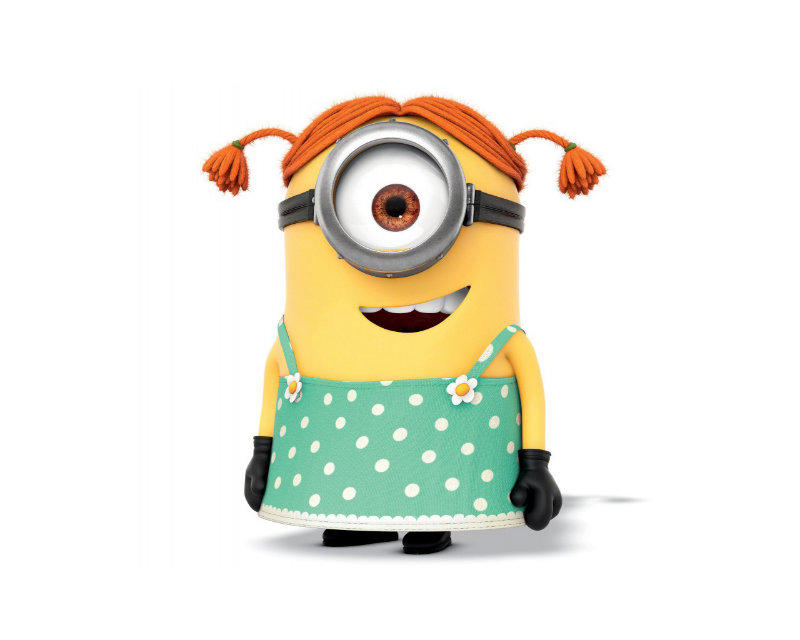 20. CHIN WAG
20. CHIN WAG
This means having a nice, long chat with someone. You can probably tell why!
I saw Mary after such a long time yesterday! We had a lovely chin wag together, like the good old days.
21. CHUFFED
Used when someone is really pleased about something
My mum bought me a fantastic car when I passed my driving test. I was chuffed to bits!
22. CRAM
This means to study hard in a very short period of time
I was so busy with my family before the exam, that I only had three days to cram in all the revision work!
23. NICE ONE
Can be used when someone does something particularly impressive
- I published my first book last year, and I’ve already started working on the sequel!
- Nice one! You’re doing really well.
24. CRIKEY
An exclamation of surprise
- I went shopping today! (comes in with lots of bags)
- Crikey! Have you spent all of our savings??!!
25. DEAR
Something that is expensive
I avoid going shopping into the town centre nowadays, everything is so dear!
26. FAFF
This is when someone procrastinates, or wastes time wondering around
Come on we have to go now. Stop faffing around, we’re going to be late!
27. DO
Another word for a party
Are you going to Lizzie’s birthday do next week?
28. FLOG
To sell something
I managed to flog my car for a really good price!
29. FORTNIGHT
Two weeks. This comes from an abbreviation of ‘fourteen nights’
I’ve been really ill for the past fortnight, and still haven’t recovered.
 30. GOBSMACKED
30. GOBSMACKED
This means amazed (your gob is your mouth, and if you smack your gob, it would be out of amazement!)
I can’t believe I passed that exam! I thought I was going to fail, I’m completelygobsmacked!
31. SPLASH OUT
When you spend far too much money
I wanted to give Sarah a special treat for her birthday, so I splashed out on a very romantic weekend away.
32. GRUB / NOSH
Both these words mean food
I’m going to get some grub for myself from the local takeaway. Do you want anything?
33. BEE’S KNEES
Something or someone fabulous, spectacular
– You should see my new sound-system, it’s the bee’s knees!– I don’t like Harvey very much, he thinks he’s the bee’s knees!
34. GUTTED
When someone is really upset or disappointed
I’m so gutted I failed my driving test, again!
35. PEANUTS
When something is cheap, financially low
– I hate my job. I have to work such long hours, and I get paid peanuts.– You should buy your clothes on-line. You can find some great designs for peanuts!
36. HAGGLE
To argue over, and try to negotiate the price of something you want to buy
– The last time I went shopping with my mum, she was haggling for something that was already really cheap!
– I managed to haggle the price of this shirt down by 25%!
37. JOLLY
You might hear people use this in all sorts of ways, but basically it means ‘very’. So “jolly good” would mean ‘very good’
- Don’t worry, I will pay you back before the end of this month.
- I should jolly well think so!
38. THROW A SPANNER IN THE WORKS
This is an expression that means to wreck something
I managed to keep the surprise a secret, right up until the day before my sister’s birthday, then he threw a spanner in the works by telling her!
39. KIP
A short sleep, forty winks, a nap, a power nap, or a snooze.
Why don’t you try and have a kip before everyone gets here? You won’t have time to rest later.
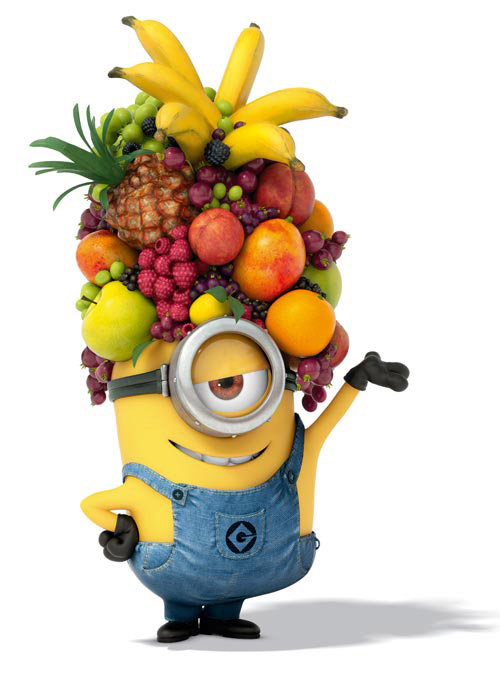
40. WIND UP
This has a couple of meanings. If something you do is a ‘wind up’ it means you are making fun of someone – you could be called a wind-up merchant if you do this.
However, if you are ‘wound up’ it means you are annoyed.
– John really is a wind-up merchant, but the girl he was picking on was so gullible!
– I was just winding her up for fun, but she took offence to it and got really angry!
41. MATE
This means friend, chum, pal, or buddy.
I’m going to the cinema with my mates tonight.
42. NOT MY CUP OF TEA
This is a common saying which means that something is not to your liking.
I don’t really like this sort of music. It’s just not my cup of tea.
43. PORKIES
This means telling lies. It comes from cockney rhyming slang. Short for ‘porky pies’, meaning ‘pork pies’, which rhymes with lies!
Don’t listen to her, she’s telling porkies!
44. ROW
This means an argument (rhymes with ‘cow’)
My brother had a huge row with his girlfriend yesterday. He’s really upset!
45. DONKEY’S YEARS
If someone says ‘I haven’t seen you in donkey’s years’, it means they haven’t seen you for a very long time!
Hi Sarah! What a surprise to see you here. I haven’t seen you in donkey’s years! How have you been?
46. EASY PEASY
A childish term for something very easy
I could make that for you, if you like? It’s easy peasy!
47. SORTED
When someone asks you about a problem you have already fixed, you could say this.
You can also say “get it sorted”, when you are telling someone to get on with something they have to do.
- What’s happening about that roof leak then?
- Oh that’s sorted now. I found a really good builder to do the job.
48. STROP
If someone is sulking or being particularly miserable, you would say they are ‘being stroppy’, or ‘throwing a strop’
Janet would you please cheer up? It’s your birthday, don’t be so stroppy!
49. CHEERIO
This is a friendly way of saying goodbye
Right, I have to go now, see you soon. Cheerio!
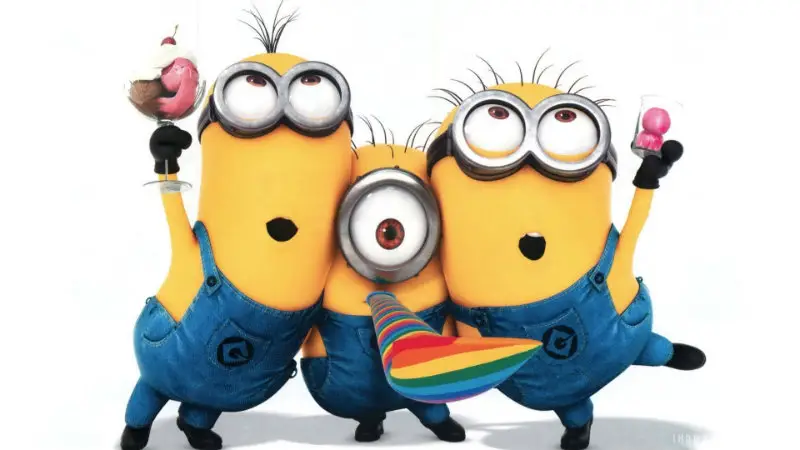 50. WANGLE
50. WANGLE
This is used to say some people have all the luck
I can’t believe he managed to wangle an upgrade on their airline seats, AND the honeymoon suite in their hotel!
51. BLINDING
If something is a blinding success, it means it was awesome, brilliant
They had a blinding party after their wedding ceremony. Everyone had such a great time!
52. WONKY
If something is shaky or unstable, you might say it is wonky.
I can’t eat my dinner at this table. It’s wonky and won’t stop wobbling!
53. ZONKED
If someone is zonked or ‘zonked out’ it means they are totally knackered, or exhausted
He had a lot of fun at his birthday party earlier, but he’s completely zonked out now!
54. DODGY
If someone or something is a bit dodgy, it is not to be trusted.
I saw a few dodgy-looking people standing around along that quiet street near our house, so just to be on the safe side, I notified the police.
This food looks a bit dodgy, it might have passed its expiry date. I don’t think we should eat it.
55. LEG IT
This is a way of saying ‘run’ or ‘run for it’
I went out on Halloween night, and someone jumped out from behind a bush to scare me. I was so frightened, that I just legged it all the way back home!

















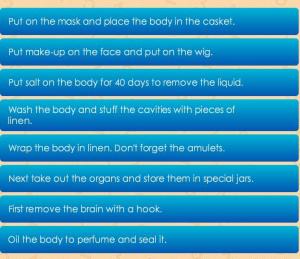












 10. ALL RIGHT?
10. ALL RIGHT? 20. CHIN WAG
20. CHIN WAG 30. GOBSMACKED
30. GOBSMACKED
 50. WANGLE
50. WANGLE

